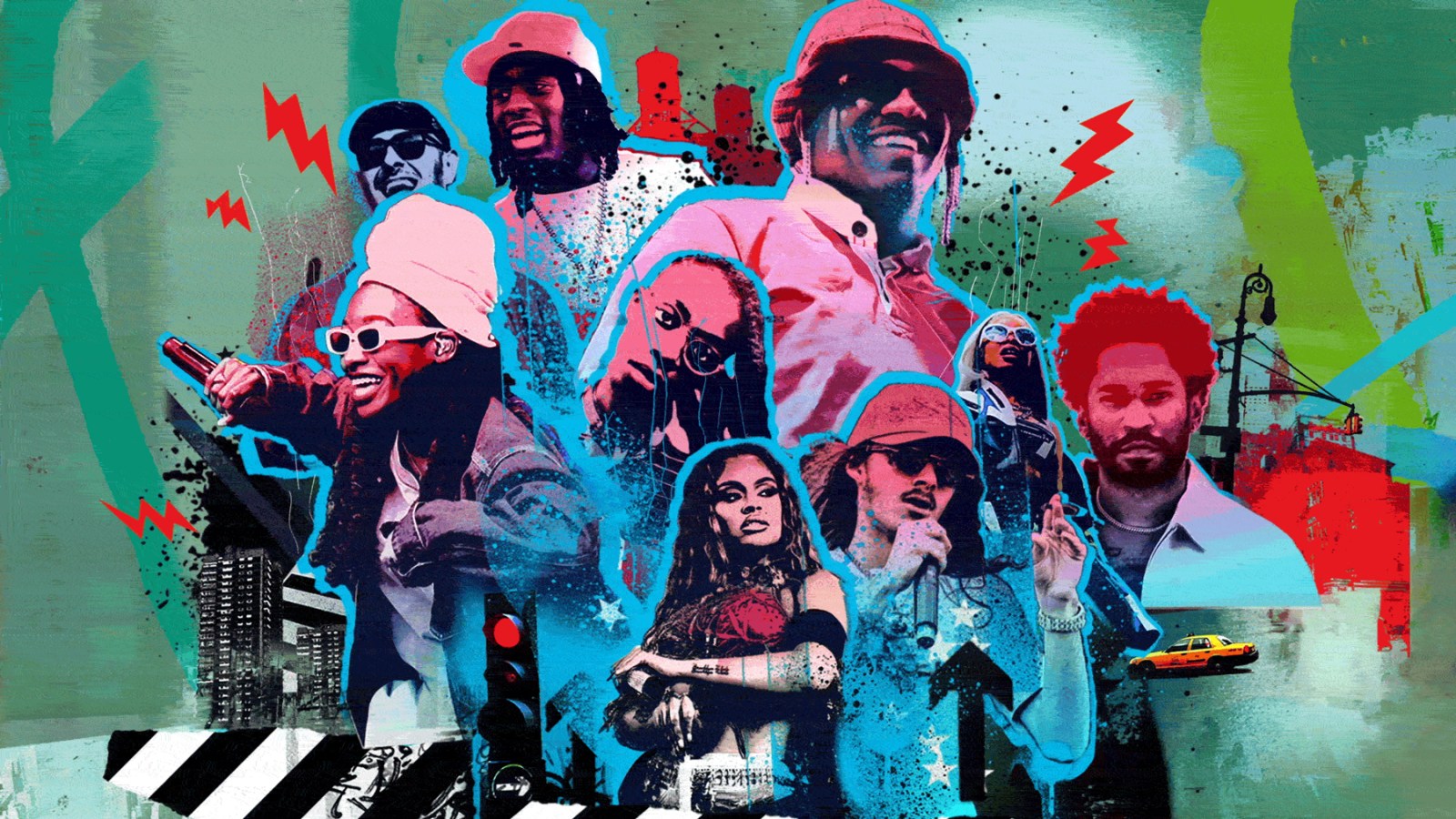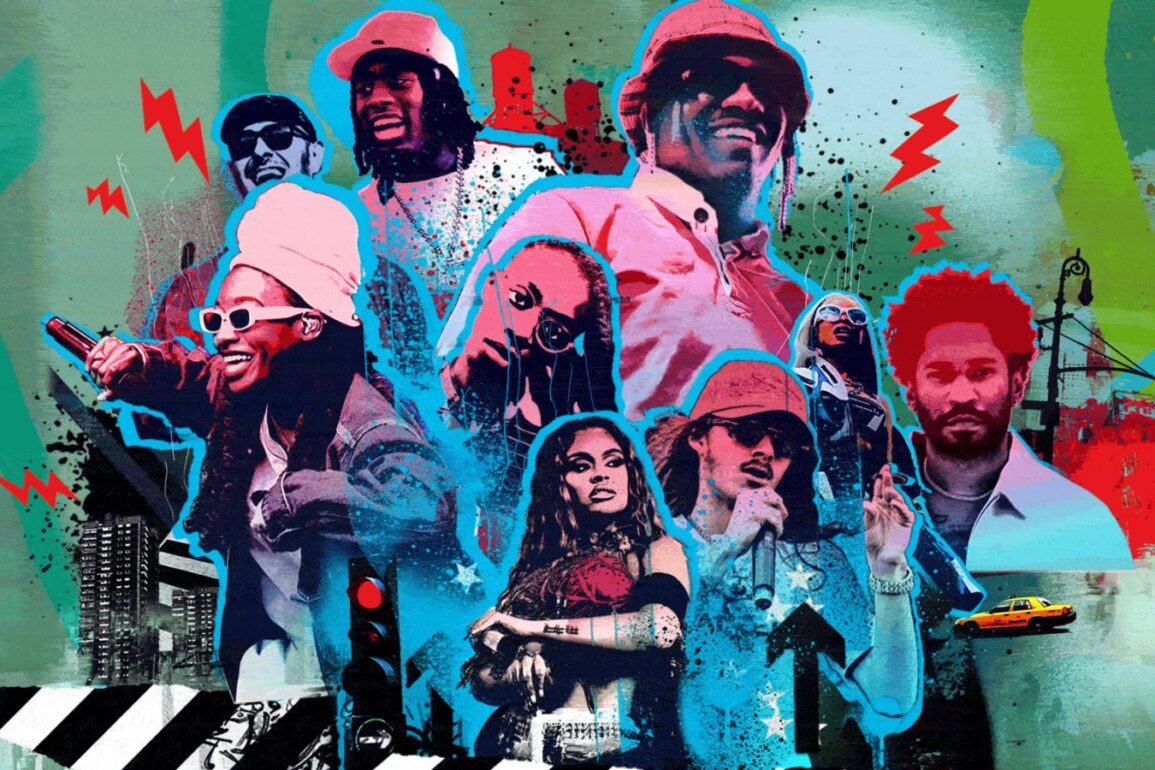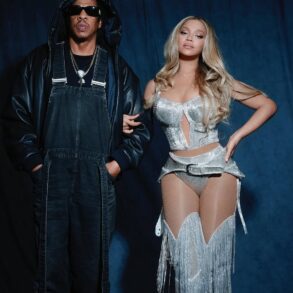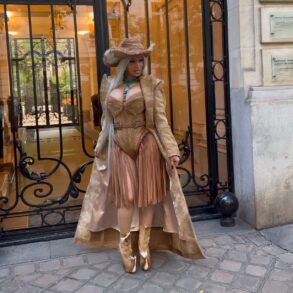
In 2020, when Latto titled her debut album — and herself — Queen of Da Souf, it seemed more like a hopeful manifesto than a reality. She was 21, had been grinding since she was a 16-year-old contestant on a rap show helmed by Jermaine Dupri, and had barely cracked the Hot 100. And yet, Latto has rapidly made good on that title in the three years since, becoming a rising superstar thanks to a combination of diligence, development, and strategy. “A lot of people just do this for a check: Make a catchy song, and go viral,” she told Rolling Stone as her breakthrough single, “Big Energy,” climbed up the charts last year. “But I was at the end of the real cypher come-up, the groundwork, passing-out-CDs thing.”
Even now, as a budding titan, that selling CDs-out-the-trunk fervor persists in her. It’s what makes her sophomore record, last year’s 777, feel so urgent. (It was the first album she put out as “Latto,” having originally gone by “Miss Mulatto” as a kid, then simply “Mulatto,” aiming to flip the script on the identity struggles that she faced growing up with a white mother and Black father south of Atlanta.) Everything she’s put out since has been even better. You can hear how much sharper her already-potent raps are from single to single, album to album, feature to feature, holding her own beside Cardi B, Trina, Gucci Mane, Mariah Carey, Lil Baby, and Megan Thee Stallion. She’s carved out a home for herself on the charts (“Seven,” her hit with Jungkook of BTS, went to Number One this summer), charged up Coachella, scored major-brand deals, and has been nominated for the Best New Artist Grammy. The rap game is certainly starting to look like her kingdom. —M.C.
This post was originally published on this site be sure to check out more of their content.









